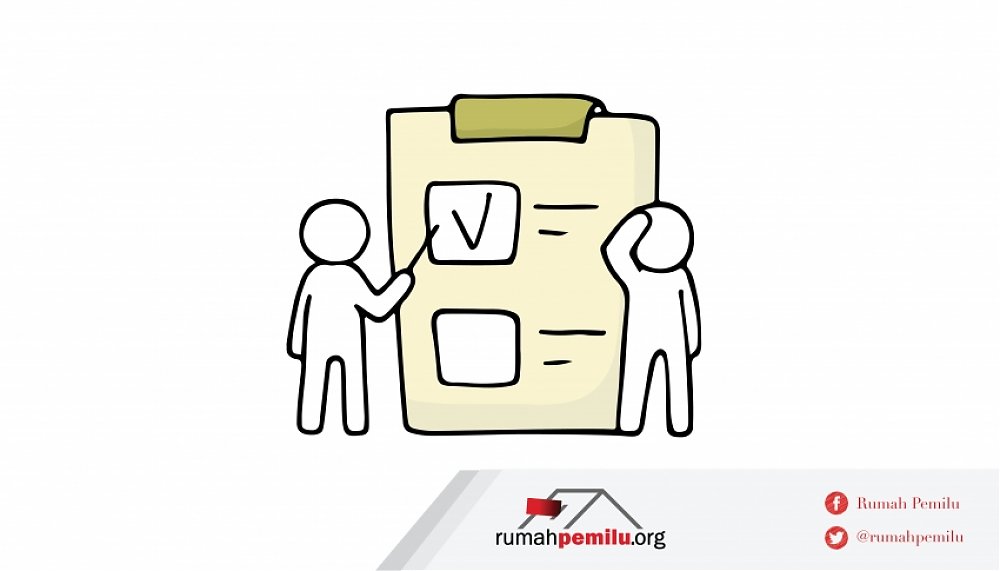The Coalition for Clean and Fair Elections or Bersih Malaysia appreciates the Unity Government's 100-day work program that includes an institutional reform agenda. Two of the institutions to be reformed are the parliament and the attorney general.
There are three agendas that emerge in the institutional reform initiative. One, when asked the prime minister in the People's Council. Two, an increase in the number of motions, from two to four, in the Special Room. Three, the separation of the Public Prosecution Office from the Attorney General's Chamber, and the establishment of an independent legal commission.
“We congratulate Dewan Rakyat Speaker YB Dato' Johari Abdul and the Minister of Law and Institutional Reform, YB Dato Seri Azalina Othman, for their initiatives related to Parliament and the Attorney General's Chamber,” said the chairman of Bersih, Thomas Fann, as quoted from the Bersih press release received by rumahpemilu.org (3/5).
Even though there have been three institutional reform agendas, BERSIH regretted that a number of other important reform agendas that had been promised by Pakatan Harapan and Barisan Nasional had not been included in the election. There are seven reform agendas proposed by BERSIH to be discussed by the Unity Government.
First, reformulation of the allocation of Constituency Development Funds for opposition parliamentarians. Second, transparency and parliamentary oversight in the appointment of key public officials, including the attorney general, members of the General Elections Commission, and the Public Service Commission.
Third, Constitutional Amendment bill to effect a 10-year term limit for the prime minister. Fourth, the Political Financing Bill. Fifth, Parliamentary Services Bill.
Sixth, review of Sedition Act 1948, Official Secrets Act 1972, Communication and Multimedia Act 1998, Printing Press and Publication Act 1984, Universities and University Colleges Act 1971 and the Security Offences (Special Measures) Act 2012 (SOSMA). Seventh, establishment of Parliamentary Committees more than two months after the 15th Parliament was sworn in.
Bersih urges three agendas to be carried out within the first 100 working days of the Unity Government, namely setting up Parliamentary Special Select Committees and Parliamentary Permanent Select Committees, including one for Elections and Multiparty Democracy, discussion and ratification of parliamentary laws that provide fair constituency development funds for all members of parliament, as well as recognition and empowerment of the Perikatan Nasional’s (PN) Shadow Cabinet with benefits, experts, and access to information.
"We urge the Government and Parliament to take efforts to realize the three reforms within the next 100 days, which may require Dewan Rakyat to have more sitting time than currently scheduled," said Thomas.
Bersih also detailed the 7 reforms that were asked of the Unity Government to be carried out within one year of government, or before November 24, 2023, which are as follows.
1. Enactment of the Parliamentary Services Act;
2. Enactment of Political Financing Act;
3. Enactment on the Amendment to the Election Offences Act;
4. Constitutonal Amandment to effect 10 years tenure limit for the Prime Minister;
5. Separation of the role of the Attorney General and the Public Prosecutor;
6. Transparency and parliamentary oversight in the appointment of key public officers, and
7. Review by parliamentary committee of Sedition Act 1948, Official Secrets Act 1972, Communication and Multimedia Act 1998, Printing Press and Publication Act 1984, Universities and University Colleges Act 1971, and the Security Offences (Special Measures) Act 2012 (SOSMA).
“Bersih will continue to engage with the Government, parliament and the relevant stakeholders to advocate for the reforms, as well as to monitor and check and balance the progress," concluded Thomas. []
This article is translated by Catherine Natalia.











